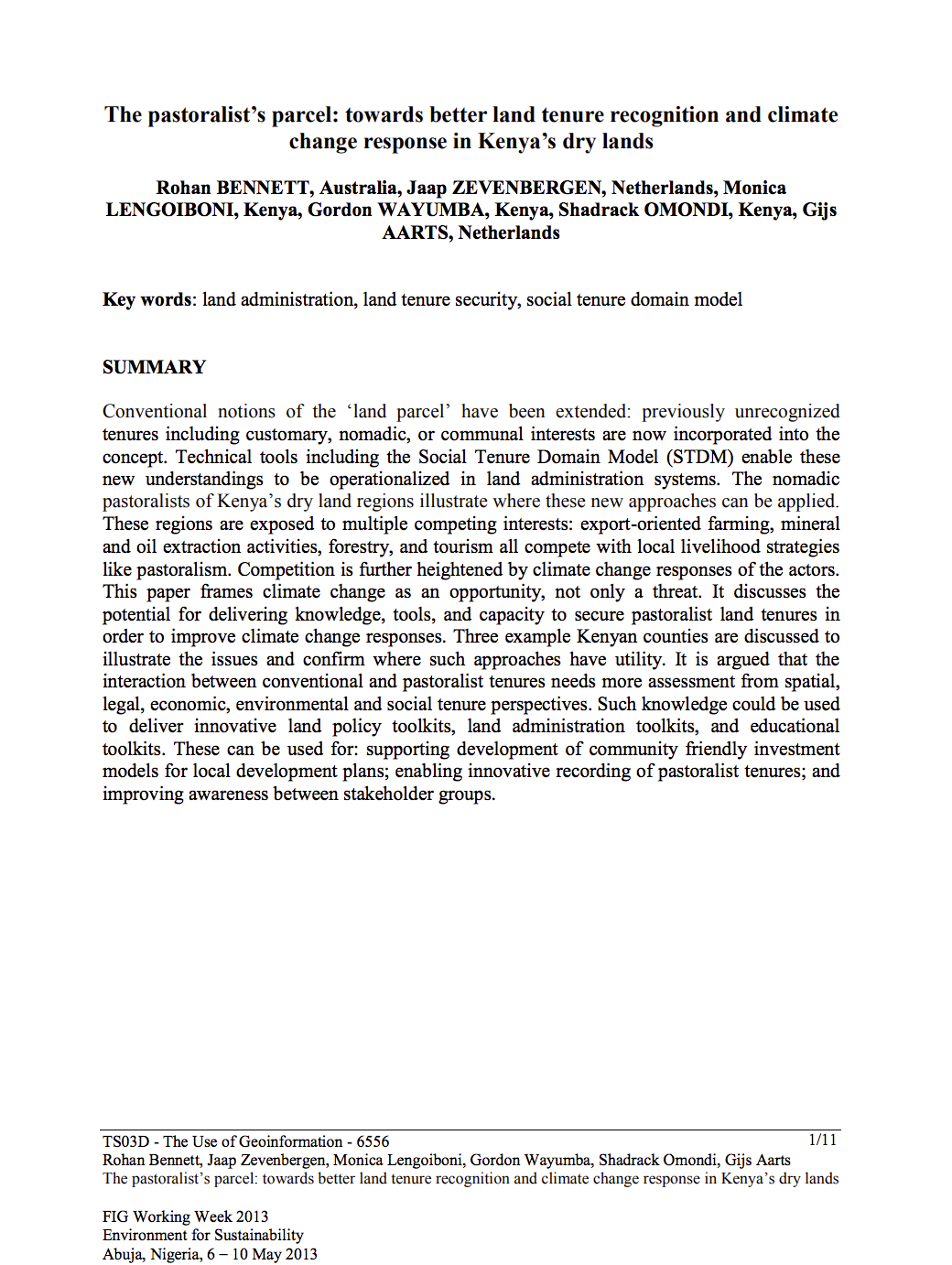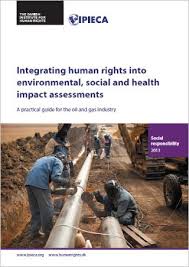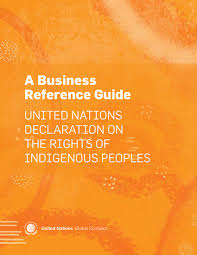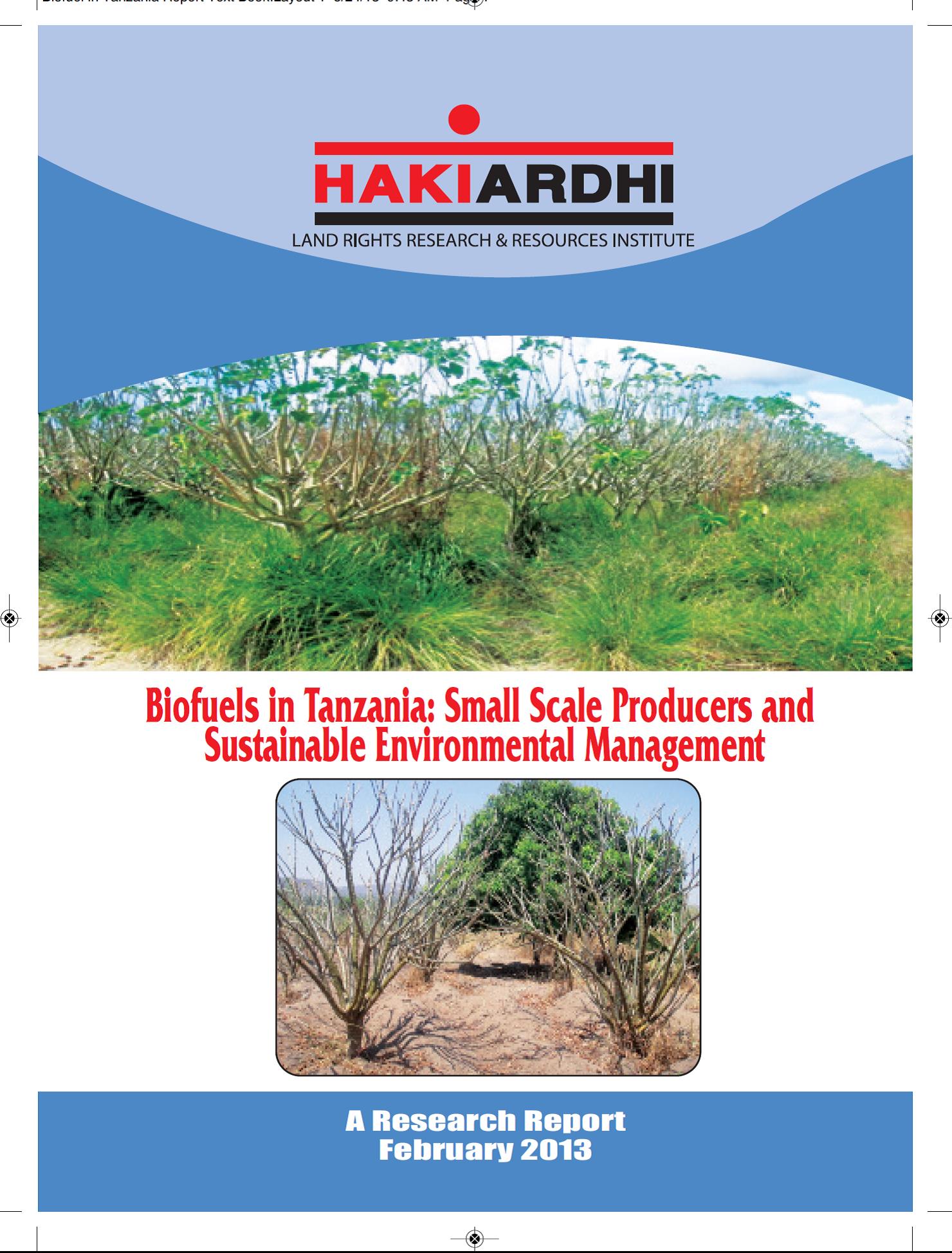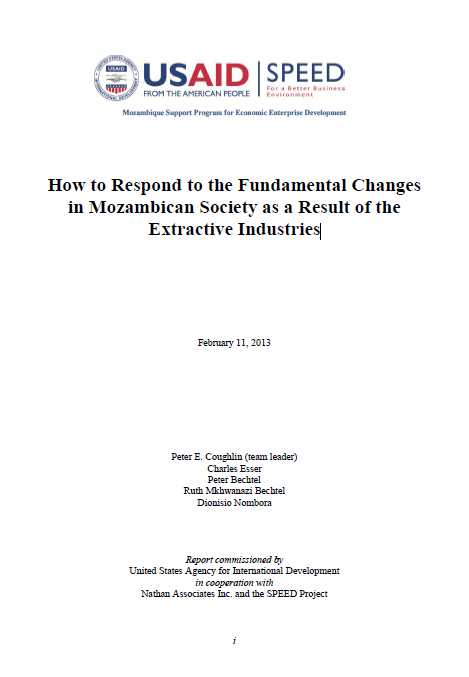Statement by Local Residents at Ramree Island regarding Shwe Gas Project, Deep Sea Port, and Oil and Gas Pipeline (English, Burmese, Chinese)
Construction of Daewoo’s Shwe gas project, as well as CNPC’s Maday deep sea port and oil and gas pipeline have damaged our (local people’s) livelihoods and environment in Kyauk Phu Township since 2009. Additionally, there has been ongoing forcible land confiscation, providing no compensation or a limited amount of compensation for the confiscated rice farms and lands.


